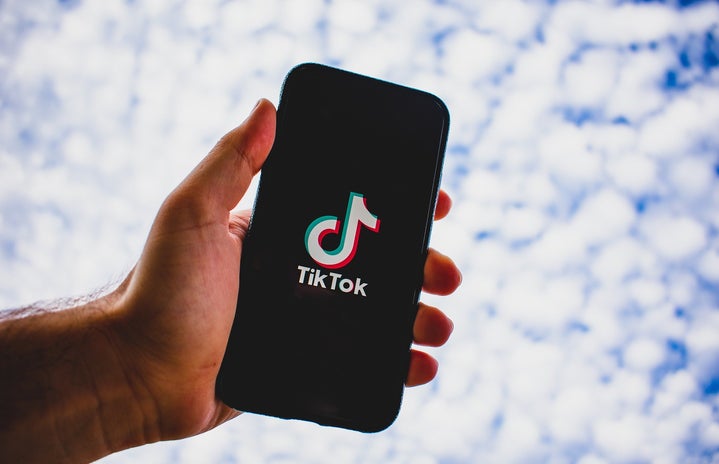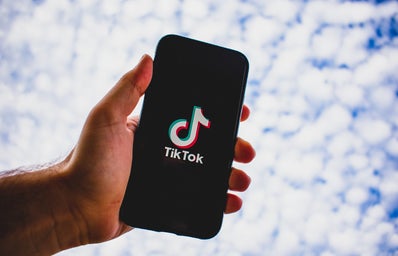While the start of quarantine last March marked the beginning of COVID-19’s worst days, it also marked the TikTok popularity spike that has captivated the nation. While I, along with many others, found comfort in videos that provided a break from the realities of quarantine, there was (and still is) a much more toxic side to the app. This app has come under fire for not taking serious preventative measures against pro-eating disorder content that has become normalized on the app. One social media lecturer noted that “It takes little more than 30 seconds to find a pro-eating disorder account on TikTok and, once a user is following the right people, their For You page will quickly be flooded with content from similar users. This is because TikTok is essentially designed to show you what it thinks you want to see.” Considering that the hefty majority of TikTok users are younger than 24, this content is extremely harmful, and is exasperated by the claims that the TikTok algorithm was meant to filter out posts by creators that do not meet the ideal body image standards. This horrifying piece of information only enforces body image issues that many young teens suffer from, and has forced many individuals to leave the app due to harassment and bullying.
There has, at the same time, been a counter-reaction to the toxicity of this app. As a mid-size college student, I have seen accounts of other mid-sized women doing accurate reviews of popular clothing brands and offering body positivity to girls who grew without seeing positive body representation in the media. A creator who has recently developed a fast following only is Remi Bader, who focuses on depicting the differences in the fashion industry for mid-sized to plus sized girls, while still promoting acceptance and positivity. As stated in her Vogue interview, “this type of body-positive messaging is on the rise on social media; creators such as Katie Sturino have even made public campaigns—hers is titled #MakeMySize—that call out brands that refuse to accommodate larger sizing”. This type of messaging and representation is not just important, but necessary. The obsession with diet culture and skinniness at any cost is an extremely harmful mindset, especially for girls with developing bodies. I hope this is a trend that continues, and remains inclusive of all bodies.



